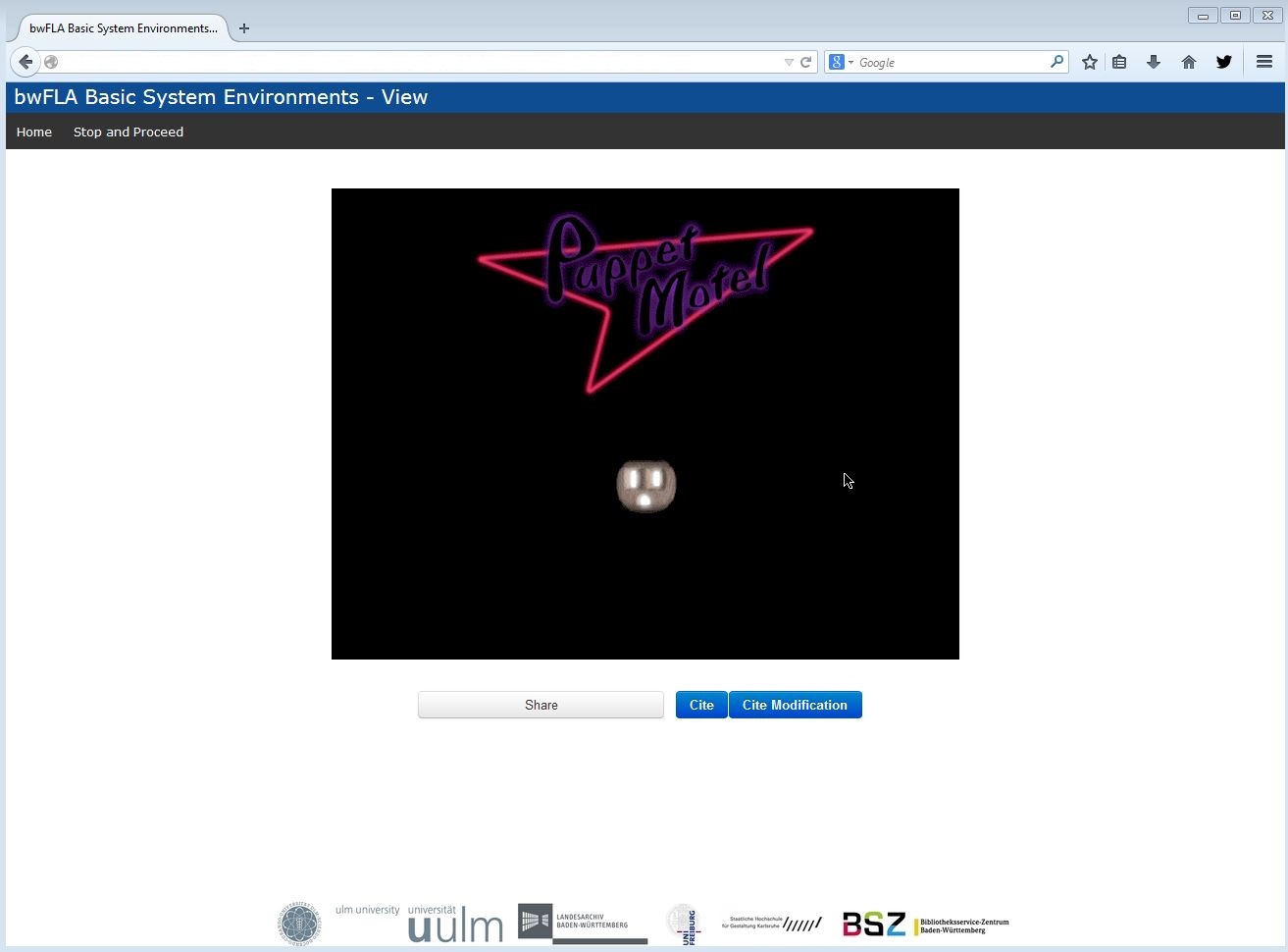The following is a guest post from Euan Cochrane, Digital Preservation Manager at Yale University Library. This piece continues and extends exploration of the potential of emulation as a service and virtualization platforms.
Increasingly, the intellectual productivity of scholars involves the creation and development of software and software-dependent content. For universities to act as responsible stewards of these materials we need to have a well-formulated approach to how we can make these legacy works of scholarship accessible.
While there have been significant concerns with the practicality of emulation as a mode of access to legacy software, my personal experience (demonstrated via one of my first websites about Amiga emulation) has always been contrary to that view. It is with great pleasure that I can now illustrate the practical utility of Emulation as a Service via three recent case studies from my work at Yale University Library. Consideration of interactive artwork from 1997, interactive Hebrew texts from a 2004 CD-ROM and finance data from 1998 illustrate that it’s no longer really a question of if emulation is a viable option for access and preservation, but of how we can go about scaling up these efforts and removing any remaining obstacles to their successful implementation.
